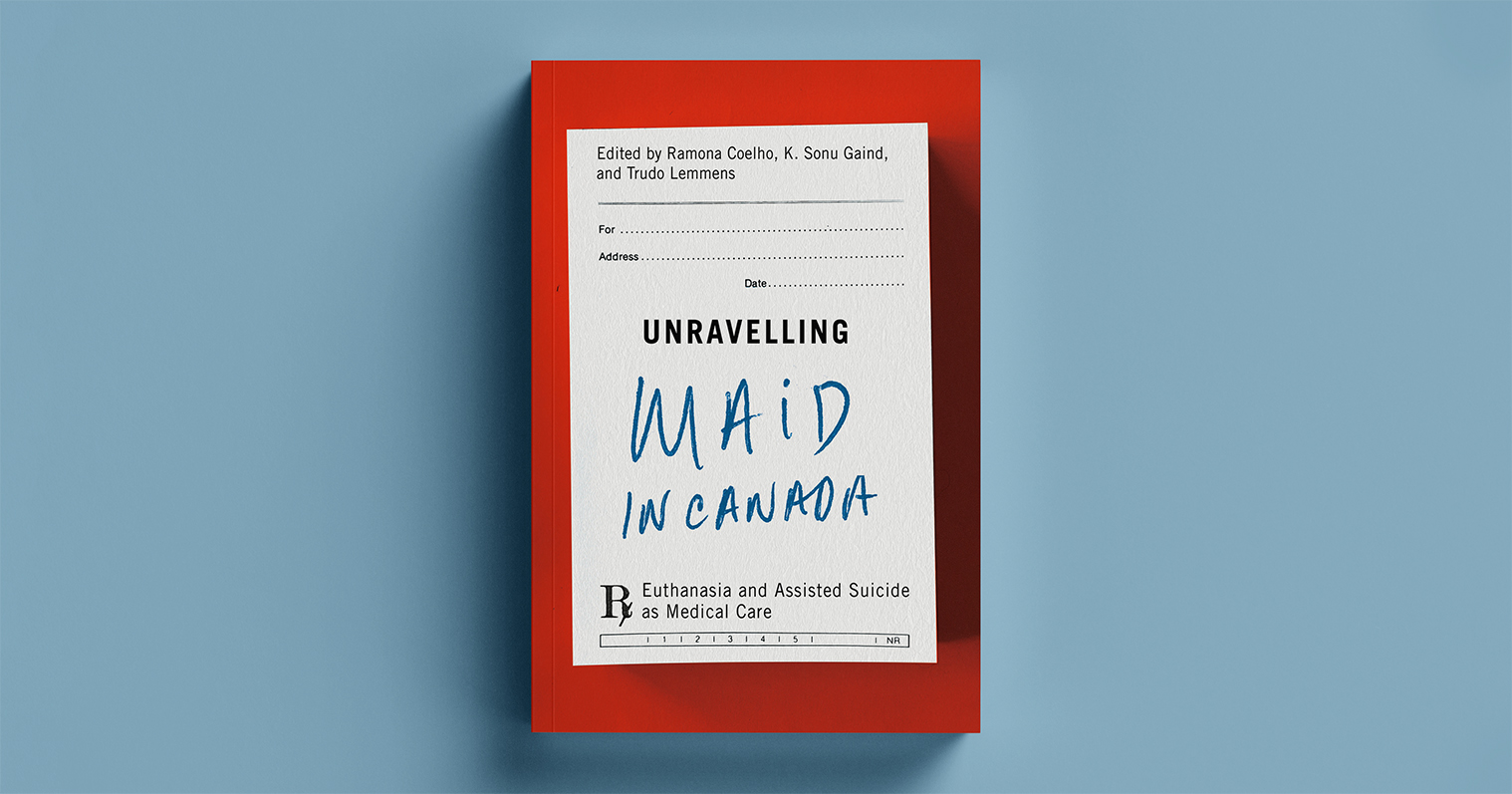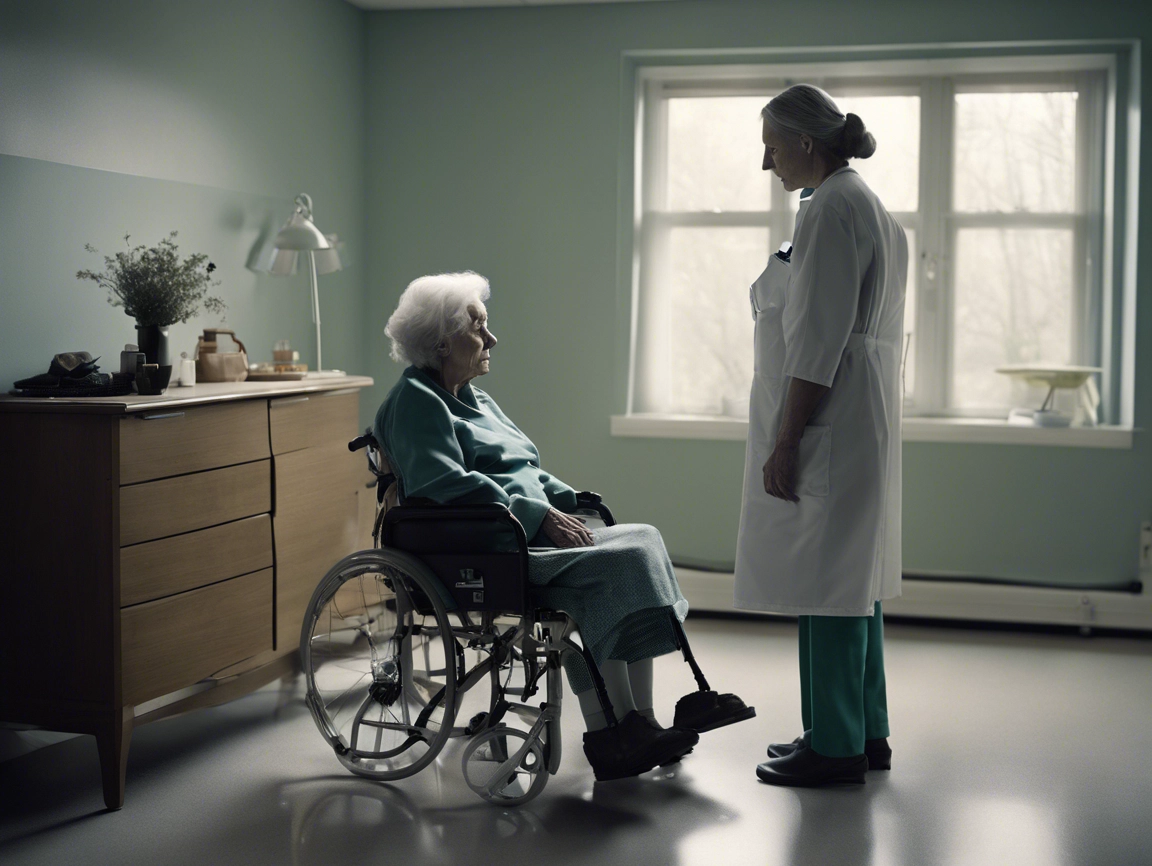For the Physicians’ Alliance against Euthanasia, it is particularly important in the current context to ensure the right of physicians not only to refuse to commit acts of euthanasia or assisted suicide themselves, but also to ensure the right to refuse to become actors in a chain leading to such acts, if they consider them harmful both to patients directly affected and to vulnerable populations.
On the one hand, the committing an indirect act rather than a direct one would not solve the medical problem of conscience for physicians for whom euthanasia is unacceptable. Dr. Catherine Ferrier, the Alliance’s President, recently reported the Globe and Mail that she would never agree to refer a patient to a colleague for euthanasia. "Basically, you’re sending someone to their death," she summed up.
On the other hand, the requirement to refer a request for death, found in Quebec’s Act respecting end-of-life care (Bill 52), undermines the physician’s right to freedom of judgment in the exercise of their profession. It may be that the physician’s clinical observation is not consistent with the patient’s judgment on the intensity and irremediable nature of their suffering, which is an eligibility criteria for "medical aid in dying" found both in Bill 52 and the recent judgment of the Supreme Court in the Carter case. The patient cannot legitimately force the doctor to follow their will. Such a balance of power would erode the precious doctor-patient consultation environment necessary for good medical practice, as argued by Dr. Patrick Vinay in a conference last spring.
We are pleased that our position is that of the Canadian Medical Association: no Canadian doctor should be forced to play any role whatsoever in the killing of a patient, the president of the CMA, Dr. Chris Simpson, said recently. And for him, the right to conscientious objection includes the right to refuse to refer the patient’s request for death to a colleague.
"We simply cannot accept a system that compels physicians to go against their conscience as individuals on something as profound as this,"says Dr. Simpson in a recent interview with the National Post.
Several doctors opposed to euthanasia believe that simply referring their patient’s request for death to a willing colleague is already "contrary to their personal ethics or moral or religious beliefs," says Dr. Simpson.
Let’s remember that at the Annual Meeting of the Canadian Medical Association in August 2014, a resolution supporting the right of doctors to follow their conscience in cases of assisted suicide or euthanasia requests was adopted by 91% of the voters.
In its judgment of 6 February in the Carter case, the Supreme Court considered that its declaration of invalidity of the prohibition of assisted suicide does not force doctors "to provide medical assistance to die." But it is less clear on the issue of mandatory referral (or not) of death requests. "The Charter rights of patients and physicians will need to be reconciled in any legislative and regulatory response to this judgment," the Court wrote.
In this context, it is essential for us to defend the freedom of conscience of doctors in its entirety.


